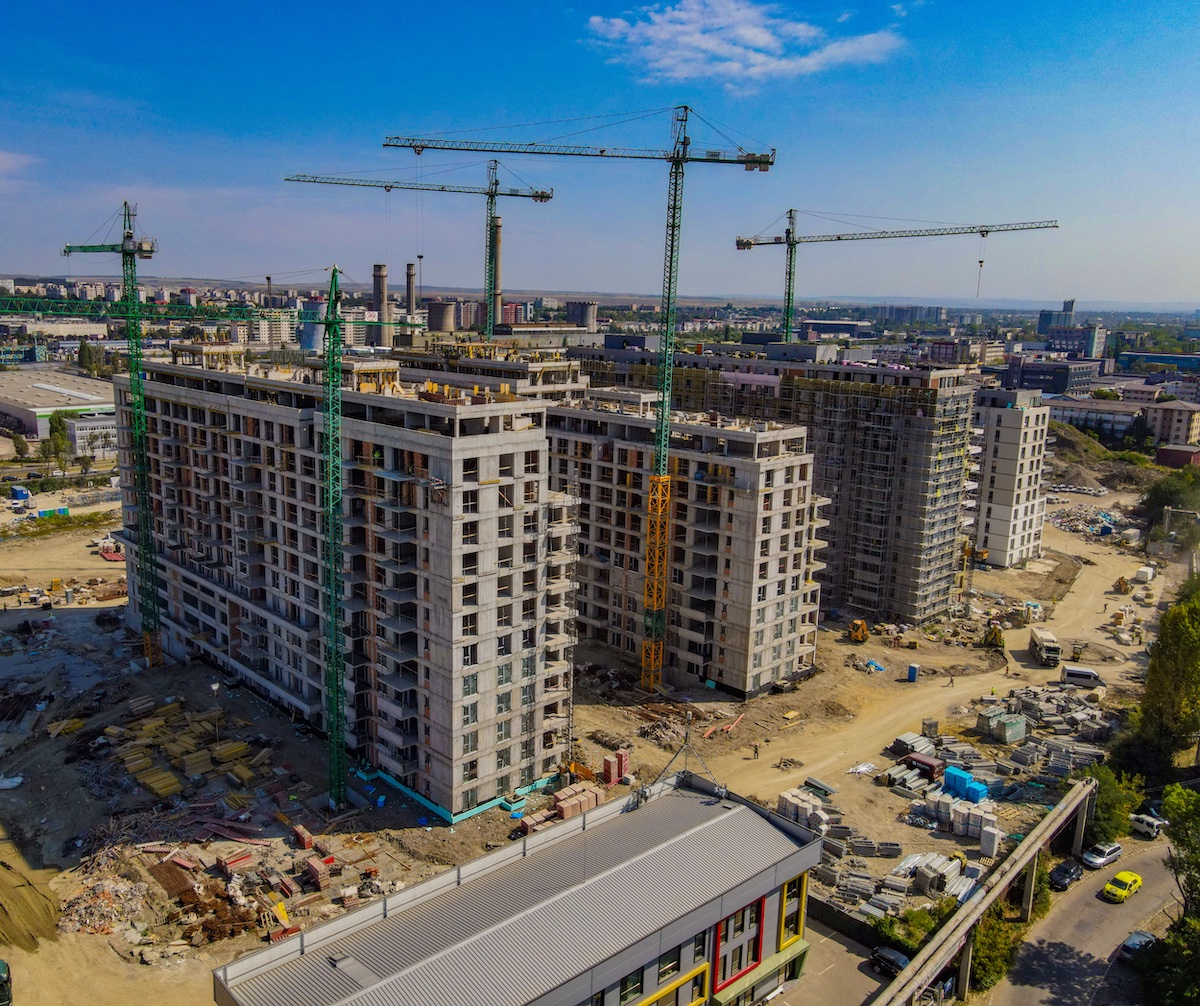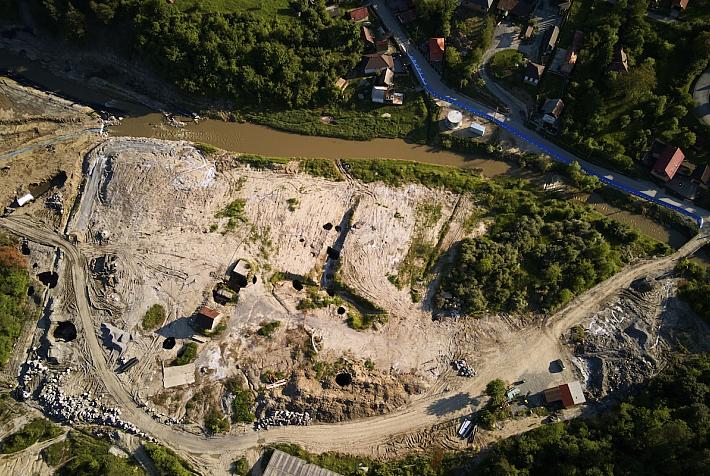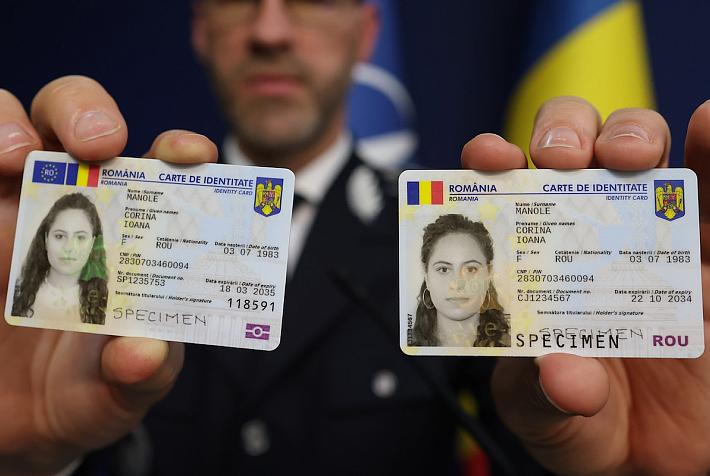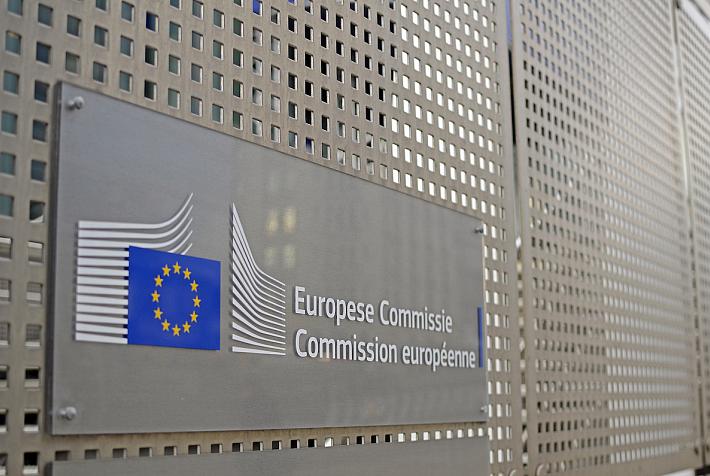Romania needs to build. Collaboration – a strategic necessity for this sector

The construction sector in Romania is going through a period of contradictions: on one hand, there is an acute need for development – infrastructure, housing, hospitals, schools. On the other hand, major projects are often delayed, hindered by administrative bottlenecks, labor shortages, or – less discussed but equally essential – the lack of genuine collaboration between the stakeholders involved.
In this context, RCBB Gruppe – a construction company active in both Romania and Germany – draws attention to a recurring issue on Romanian construction sites: fragmentation, which hinders productivity and causes delays.
“One of the hidden causes of delays and failures in construction is the lack of communication between partners. Genuine collaboration, based on trust and shared goals, is still rare. But Romania needs to build. And not just any kind of construction – we need projects delivered on time, at high quality, and within budget”, stated Dipl. Eng. Radu Balan, co-founder and Managing Partner of RCBB Gruppe (left).
A fragmented sector, often with divergent goals
In many projects, each party – client, general contractor, subcontractor, supplier – pursues their own interest, without clear alignment with the project’s ultimate goal. This lack of unity creates major risks: overlaps, execution errors, increased costs, and contractual disputes.
This situation is not unique to Romania, but it is intensified by:
- an underdeveloped organizational culture;
- the lack of coherent collaboration standards;
- a cumbersome and ever-changing legal framework;
- tensions in the relationship between authorities and the private sector.

How to build a culture of well-executed projects
The construction experience shows that the difference between a successful and a failed project lies not just in the budget or technology, but mainly in how people and organizations work together. That’s why Romania first and foremost needs a culture of well-executed construction, built on three pillars:
- A clear common objective – every party involved must understand and commit to the project’s end goal.
- Structured teamwork – collaboration goes beyond formal meetings and involves clear processes, accountability, and transparency.
- Continuous and professional communication – good decisions are not made in isolation, but through constant and honest dialogue between stakeholders.
“In our nearly 7 years of experience in Germany, we’ve seen a culture of collaboration that doesn’t come from regulation, but from a shared understanding of roles. In Romania, we have the know-how, we have the energy, but sometimes we lack that shared culture. This must be built, step by step”, explains Dipl. Eng. Codrin Botezat, co-founder and Managing Partner of RCBB Gruppe (right).
What does a concrete example of collaboration look like?
On one of RCBB’s recent projects in Germany, the work was completed ahead of the contractual deadline thanks to exemplary cooperation: a few workers identified a discrepancy between the execution plans and the on-site reality. Instead of continuing the work at the risk of a mistake, they immediately reported the issue. The site manager checked the situation, confirmed the problem, and forwarded the information to the client. A technical solution was found quickly, without additional financial impact.
This quick reaction and good collaboration saved time, avoided costly corrections, and strengthened the client’s trust in the team. All of this was made possible by people who decided that “cutting corners” was not acceptable. If you identify a problem, you bring it up without fear of repercussions. And this is only possible when a climate of trust and personal accountability is created.
Romania has the potential to create its own model
It is essential for Romania to develop its own functional framework, tailored to local realities. This requires a change in mindset: from reactive and individualistic approaches to a proactive and collaborative one.
This transformation is not just the responsibility of big companies or authorities. It requires the involvement of all stakeholders – from the construction worker on-site to the decision-maker in public institutions. Change doesn’t come from a one-time reform, but from consistency, leadership, and mutual professional respect.
The construction sector in Romania needs more than just investments and manpower. It needs a paradigm shift where collaboration becomes the rule, not the exception. Without this shift, no national plan, no EU funding, and no ambitious project can be implemented efficiently or sustainably.
The building of a modern Romania starts with a solid foundation: genuine collaboration between those who build it.
*This is Partner Content.












